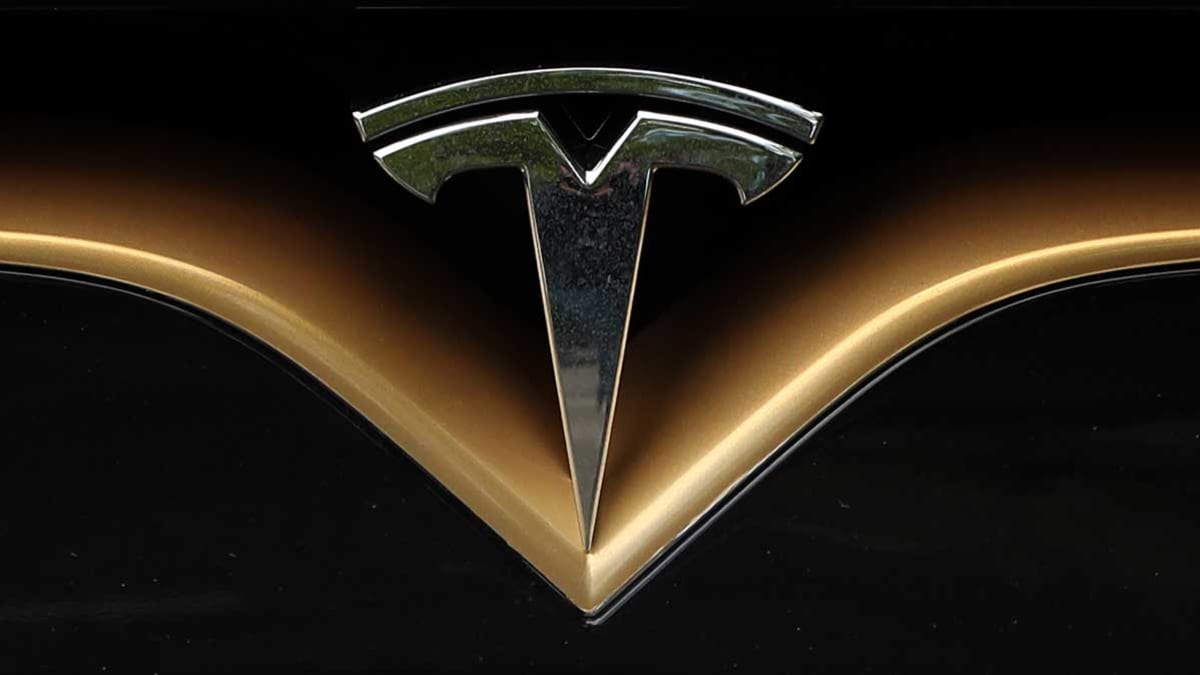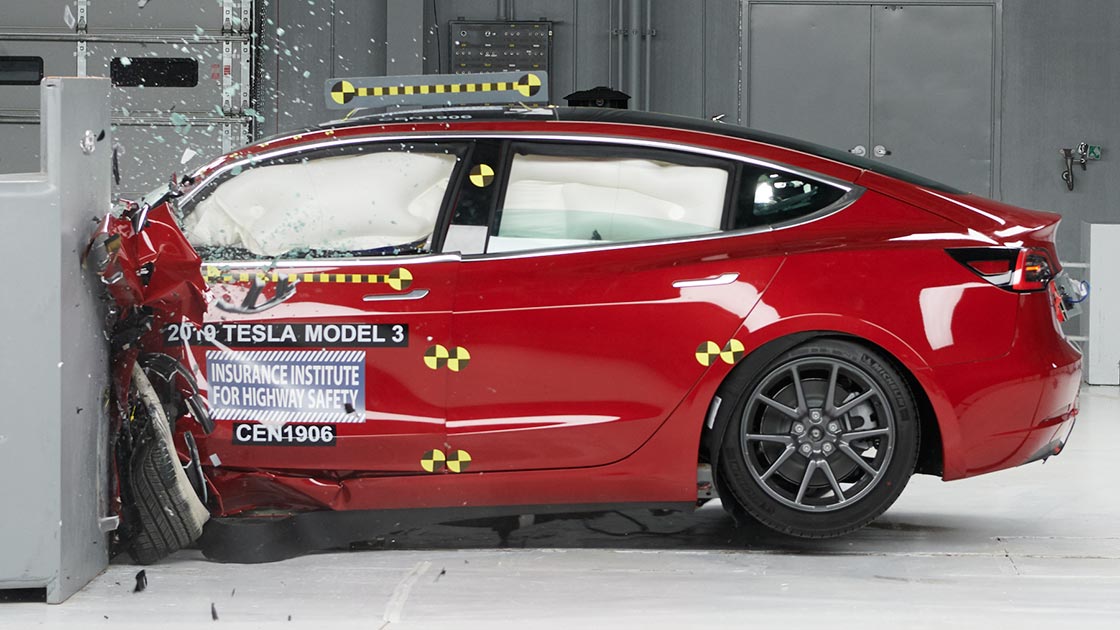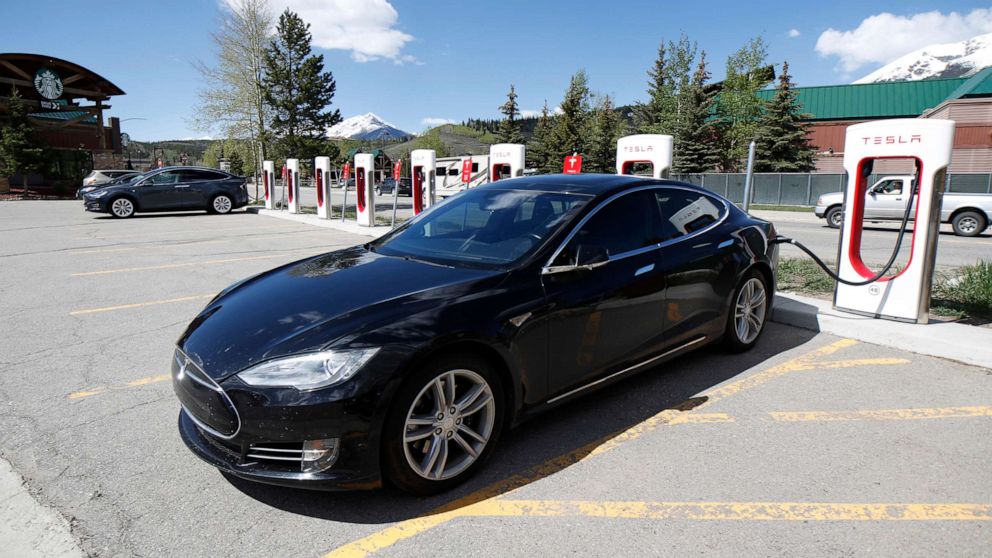my understanding that Tesla is still pretty far behind in overall quality, fit and finish and reliability.
Quality has improved a lot recently. But there's still room for improvements.
Consumer Reports explores findings on the Tesla Model 3, Model S, and Model X from its annual auto reliability survey. The Model 3 and Model S have regained a Consumer Reports recommendation.

www.consumerreports.org
Tesla Model 3 and Model S Regain a Consumer Reports Recommendation
November 14, 2019
Two of Tesla’s three models—the Model 3 and the Model S sedans—have regained a Consumer Reports recommendation because of improved reliability based on the results of our annual survey of CR members.
“The Tesla Model 3 struggled last year as the company made frequent design changes and ramped up production to meet demand,” says Jake Fisher, senior director of auto testing at CR. “But as the production stabilized, we have seen improvements to the reliability.”
Their tech is years ahead of others though
Self-driving AI sends shivers through traditional supply chains

asia.nikkei.com
Tesla teardown finds electronics 6 years ahead of Toyota and VW
February 17, 2020
Toyota Motor and Volkswagen each sell 10 million cars, give or take, every year. Tesla delivered about 367,500 in 2019. But when it comes to electronics technology, Elon Musk's scrappy company is far ahead of the industry giants.
This is the takeaway from Nikkei Business Publications' teardown of the Model 3, the most affordable car in the U.S. automaker's all-electric lineup, starting at about $33,000.
What stands out most is Tesla's integrated central control unit, or "full self-driving computer." Also known as Hardware 3, this little piece of tech is the company's biggest weapon in the burgeoning EV market. It could end the auto industry supply chain as we know it.
One stunned engineer from a major Japanese automaker examined the computer and declared, "We cannot do it."
The module -- released last spring and found in all new Model 3, Model S and Model X vehicles -- includes two custom, 260-sq.-millimeter AI chips. Tesla developed the chips on its own, along with special software designed to complement the hardware. The computer powers the cars' self-driving capabilities as well as their advanced in-car "infotainment" system.
This kind of electronic platform, with a powerful computer at its core, holds the key to handling heavy data loads in tomorrow's smarter, more autonomous cars. Industry insiders expect such technology to take hold around 2025 at the earliest.
That means Tesla beat its rivals by six years.
[ . . . . ]








.jpg)




